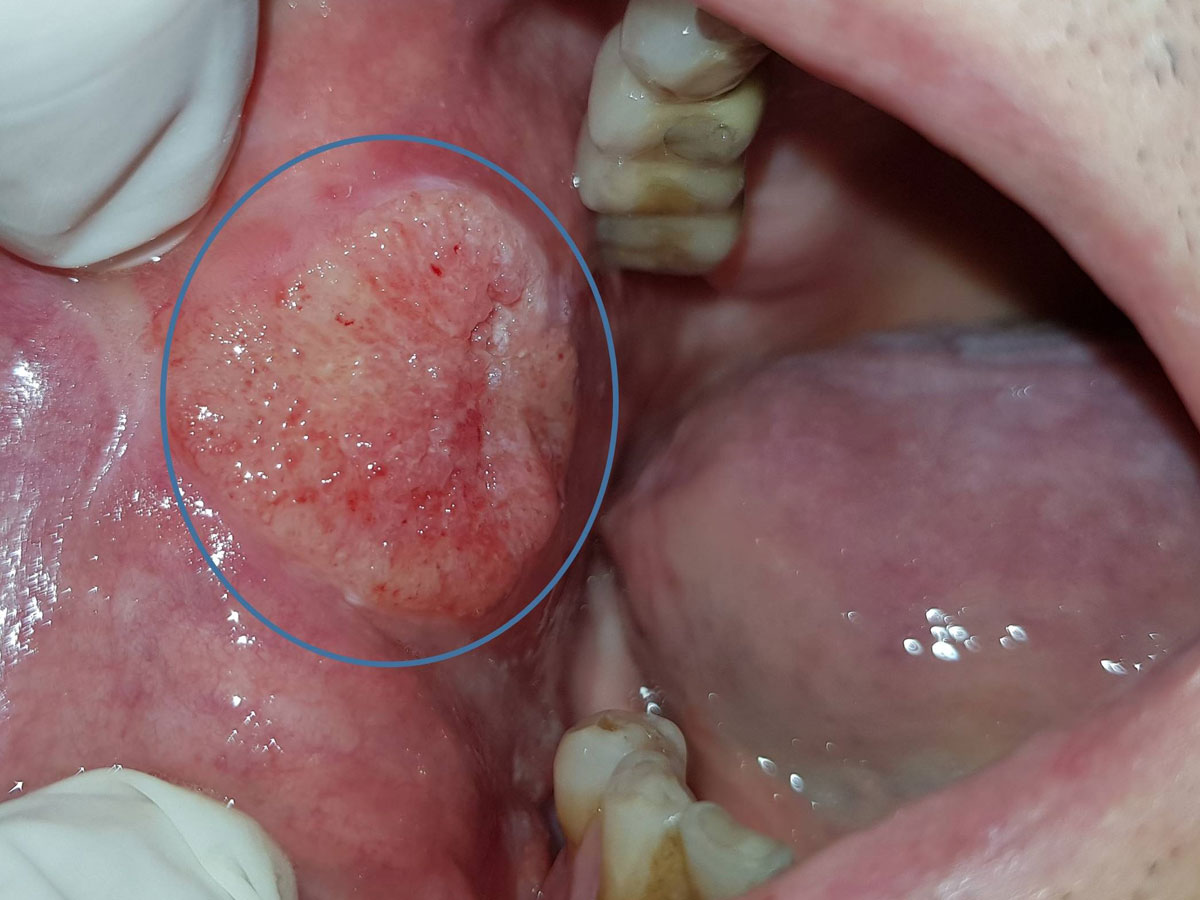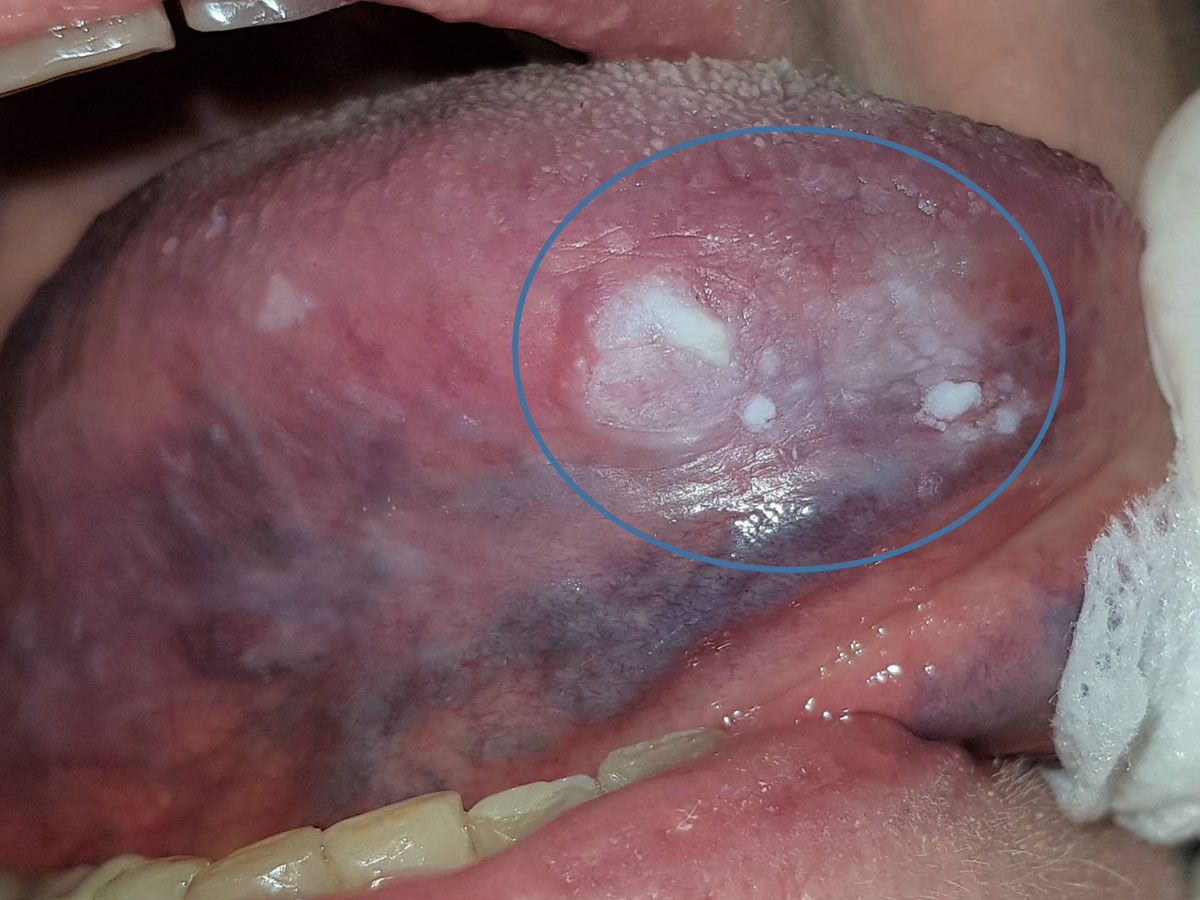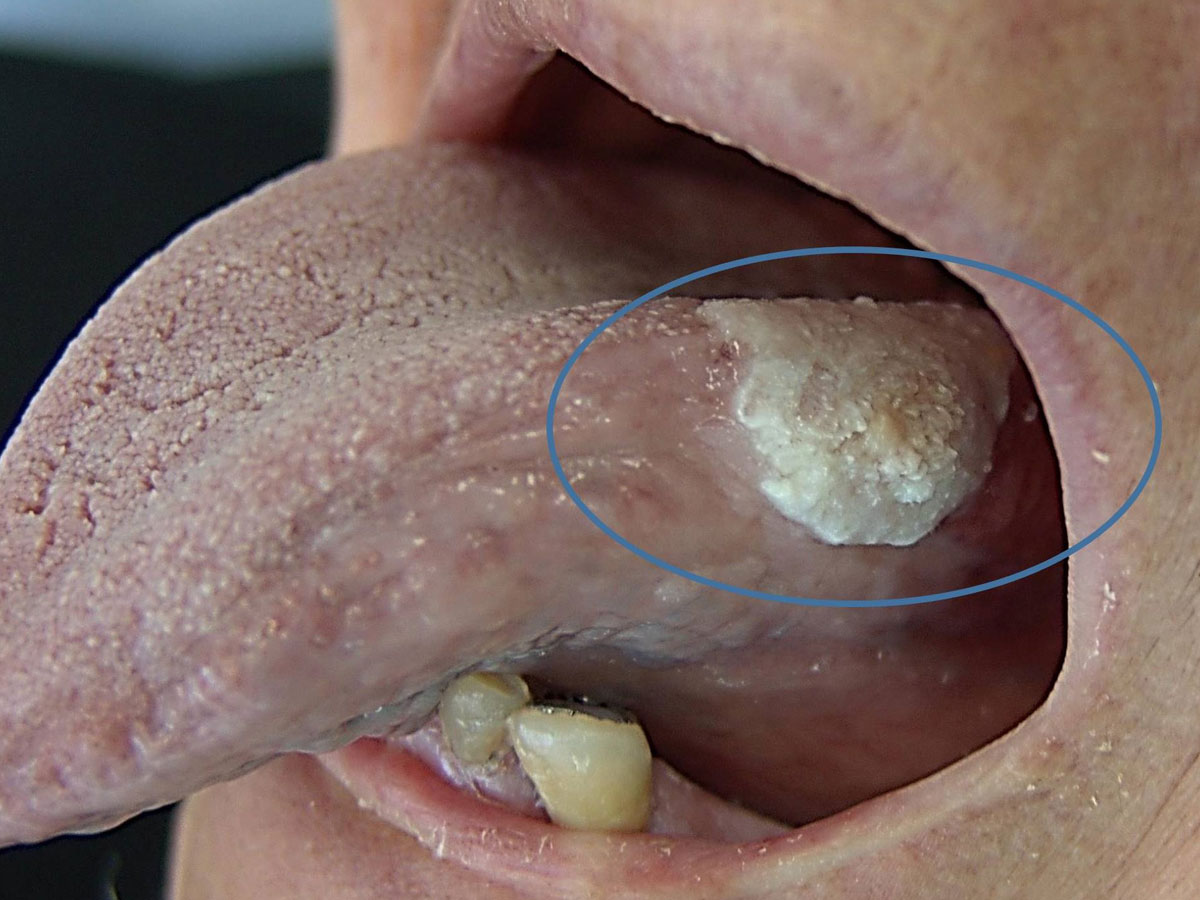Epidemiologically it shows an increased incidence in middle-aged or elderly people, with a slight male predominance.
The main etiological factors are smoking, alcohol, human papillomavirus in some types of cancer of the pharynx, as well as overexposure to sunlight, which affects the lip area. These factors actually influence the growth and development of cancer as a result of genetic changes in the genome.
The diagnosis of oral cancer is particularly important for the treatment and survival of the patient. Generally valid for all cancer types, early diagnosis offers better results as over time the disease spreads locally by tissue infiltration as well as remotely through metastases.
Τhe treatment of oral cancer mainly consists of surgical excision of the lesion and may require radiotherapy as well as chemotherapy. Of course, inevitably the details of the treatment are individualized as they are influenced by the exact type, location and staging of the cancer in a given patient.



